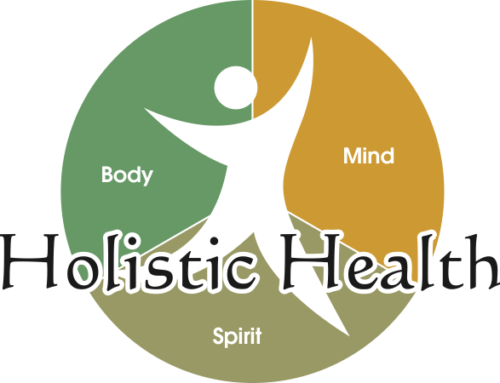“There may not be a single body system that can’t be improved by getting sufficient sleep.” -Keith Poorbaugh
Sleep is one of the most important things we do, or don’t do enough. We spend approximately 1/3 of our lives sleeping. Proper or improper sleep plays a role in every body system. Insufficient sleep can result in increased pain perception, depression, and impaired motor skills just to name a few. The National Institutes of Health (NIH) estimates 50-70 million Americans don’t get enough sleep, or as they put it,
“chronically suffer from a disorder of sleep and wakefulness, hindering daily functioning and adversely affecting health and longevity”, including, “increased risk of hypertension, diabetes, obesity, depression, heart attack, and stroke.”
So what is enough sleep? Its recommended adults get 7+ hours of sleep, and youth ages 13-18 get 8-10 hours of sleep a night. Many adults get between 4-6 hours, so how do we get more?
Sleep Tips
- Go to sleep at the same time every night
- Turn off electronic devices before bed
- No caffeine after 3pm
- Starting a daily exercise routine
- Develop bedtime routine
Changing your sleeping habits can be tough and, like many lifestyle changes, difficult to maintain. Improving your sleeping habits can improve your life in many ways, and this can help motivate you to maintain your changes.
Benefits
- Improved mood and attention to detail
- Better movement patterns and balance
- Improved physical healing
- Decreased pain sensitivity
- Productivity and efficiency
Sleep habits are often dismissed or not talked about at all. We have become accustomed to blaming our busy schedules, and this lack of conversation only worsens the problem. Its important to have a honest discussion about your sleep habits. The author of this article recommended 8 questions to ask yourself regarding your sleep habits.
- How much sleep do you typically get?
- Do you feel well-rested when you wake up?
- Are any medical conditions affecting your sleep?
- How would you rate your sleep quality?
- Does being sleepy during the day interfere with your daily functioning?
- Do you have difficulty falling asleep, returning to sleep, or waking up too early?
- Do you snore loudly or frequently? Has anyone observed you stop breathing while you sleep?
- Do you have a strong urge to continually move your legs while you sleep?
How do you answer these questions? Is a lack of sleeping affecting your life? Work on the tips above to improve your time and quality of sleep, or come see us at Premier Therapy to help get you started.







